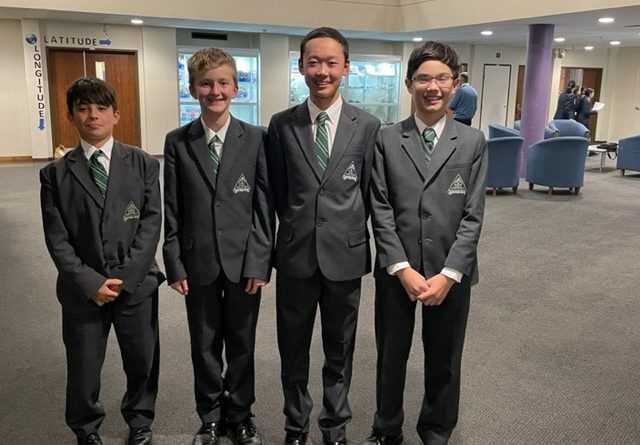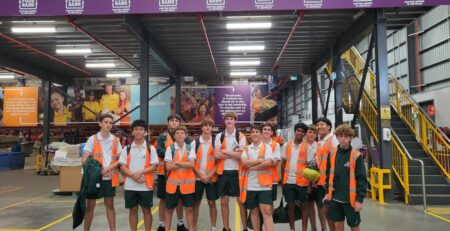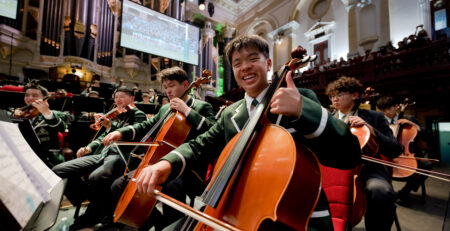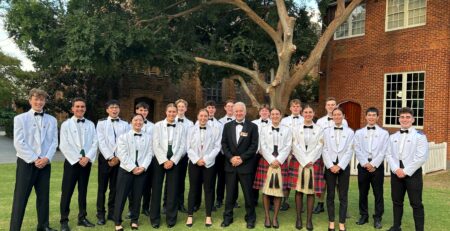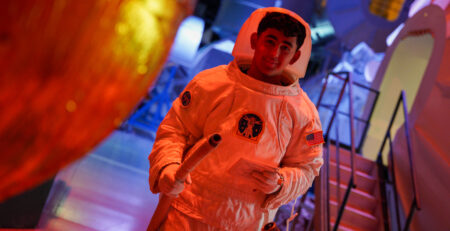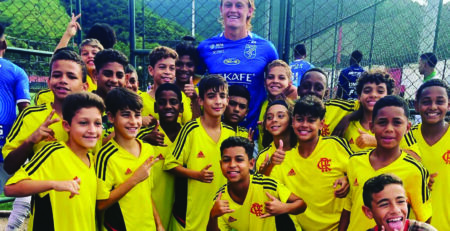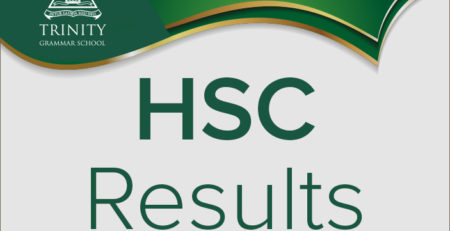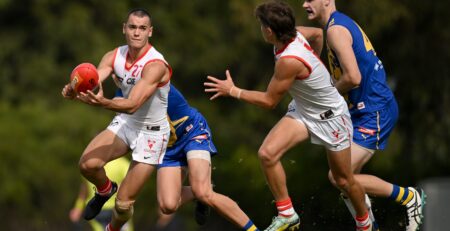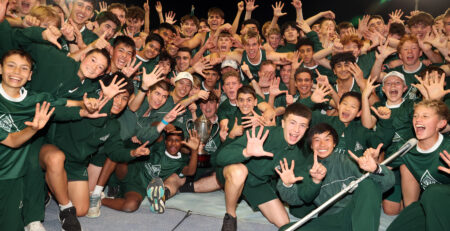Debating News: CAS Round 3
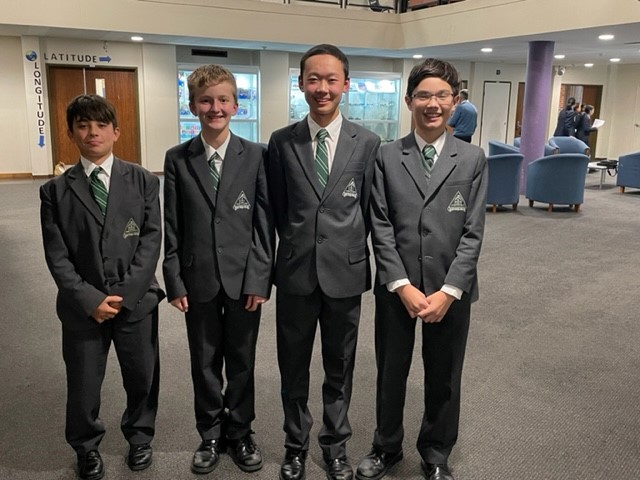
7A Debating Report
It was round 3 of the CAS debating season and we were eager to get a win over Waverley at their home ground, following last week’s win against Cranbrook. The topic was “That the government should primarily fund established businesses over new businesses.” As we went to our preparation room, we began to lay out the debate that lay ahead. Our first speaker O. Ang (7 WJ) began by stating our model, that 75% of government funding would go towards established businesses and the rest to new businesses. He stated that this would result in the government better helping businesses as the private sector would be able to distribute funds better than the government. Our second speaker R. Coneliano (7 Fo) then explained how as a whole this would be better for the job market. He did this by explaining that big businesses were larger and would therefore employ more people. He also spoke about the further benefits our model provided to new businesses and effectively rebutted the opposition’s points. Then, our third speaker R. Qin (7 Yo) summarised our team’s case by showing how we won two clashes. The first was the principal clash, he showed that we had won as we would be getting the most value of the government’s money out of funding established businesses. Secondly, he showed how we also had a practical benefit as we would be making more jobs and therefore benefiting the economy.
We waited for the adjudication nervously as we were extremely keen to win. Then, in a close debate, we were told that we had won our debate against Waverley. We hope to continue this streak into two tough rounds in weeks 4 and 5 against Barker and St Aloysius’ to round off the CAS debating season.
Ang (7 WJ)
8A Debating Report
In the third round of the CAS Debating season, the 8As were feeling a sense of determination and hunger to end the team’s drought, carried from the ISDA season. During the week’s preparation before the debate against Waverley College, confidence was building in the training room of the 8As, confidence that would also show in the prep rooms at Waverley. We then received our topic which was ‘That we should impose a minimum working age for casual and part-time jobs.’ We were chosen in the draw to debate the negative side, and preparation commenced. At first, the team were taking some time to understand the topic and plan the arguments that we would bring to the debate. But after some ideas and elaboration were brought forward, the flow of the prep room began to increase. Following instinct and reasoning from all team members, our case began to take shape and before long, speeches were being written.
As the hour of preparation ended, visitors, coaches, the adjudicator and the opposition came in and the debate started. The affirmative case delivered by the Waverley team was centred around the fact that there was an issue with the status quo and that therefore, presented in their model, the minimum age for casual/part-time jobs would be 12. The affirmative team were arguing that the status quo was a danger to all kids trying to find work, that these kids will end up without a childhood and that industries/businesses will be heavily affected without their model. We as the negative team, though, centred our debate around the fact that the status quo already has sufficient laws and regulations to the ‘issue’ that the affirmative brought up, and those children, with consent from their parents, can choose to work. There was also an argument about the minimal negative effects the young adult/child workers would be to an industry/business. The generalisations made by the Waverley team that these children are forced to work and the damages they cause would prove to be costly to their argument as a result to some strong rebuttals made by the team.
At the end of the debate, the adjudicator provided good feedback to both teams which included improvements, strengths and weaknesses of each team’s case. However, the adjudicator gave the debate to us, finally breaking our team’s drought and securing a win in the CAS season. Overall, a strong performance by all four speakers with some confidence and momentum behind us to see if we can go for a win against Barker College.
Yee (8Ta)
9A Debating Report
Last Friday, the Year 9 ISDA team, consisting of M. Padmore as 1st speaker, E. Ciarroni as 2nd, C. Ciarroni as 3rd and D. Lok as 4th, debated against Waverley College on the topic “That we should impose a minimum age to start casual or part time work.” As the affirmative team, we brought out a model in which anyone under the age of 12 wouldn’t be able to work casual or part time, and anyone over that age would have to complete an online seminar and test informing them of their rights as a worker. Waverley brought out their own countermodel in which they would maintain the status quo but implement our seminar and test among all workers of any age. Our main argument was that children are currently being exploited and discriminated against, and we needed to inform them of their rights to avoid such treatment from employers. Waverley’s arguments focused on the importance of the option for children to work for their families, using the examples of family businesses and those living in poverty. Overall, it was a strong debate, but we were unfortunately not able to take home the victory. Let’s hope we can get the win next week.
C. Ciarroni (9 WJ)

